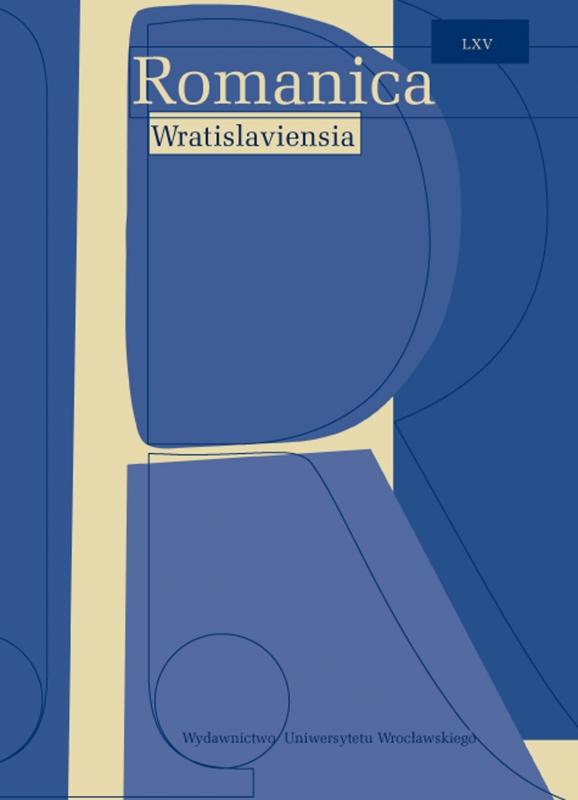

Articles

The aim of the article is to show the relationship between the classical conception of philology, the origins of hermeneutics and the evolution of the idea of universal religion from Antiquity to the 19th century. Just like in the context of the beginnings of Christianity philology contributed to create the Catholic understanding of this idea, in modern times, the development of philological methods contributed to the fragmentation of the idea in various fields: philosophical, esoteric, naturalistic or humanitarian. Hence, philology appears to be inseparable from hermeneutics and the history of religious ideas, and the latter, as inseparable from philology. In this context, the myth of the Babel Tower and its “confusion of tongues” may gain a new meaning.